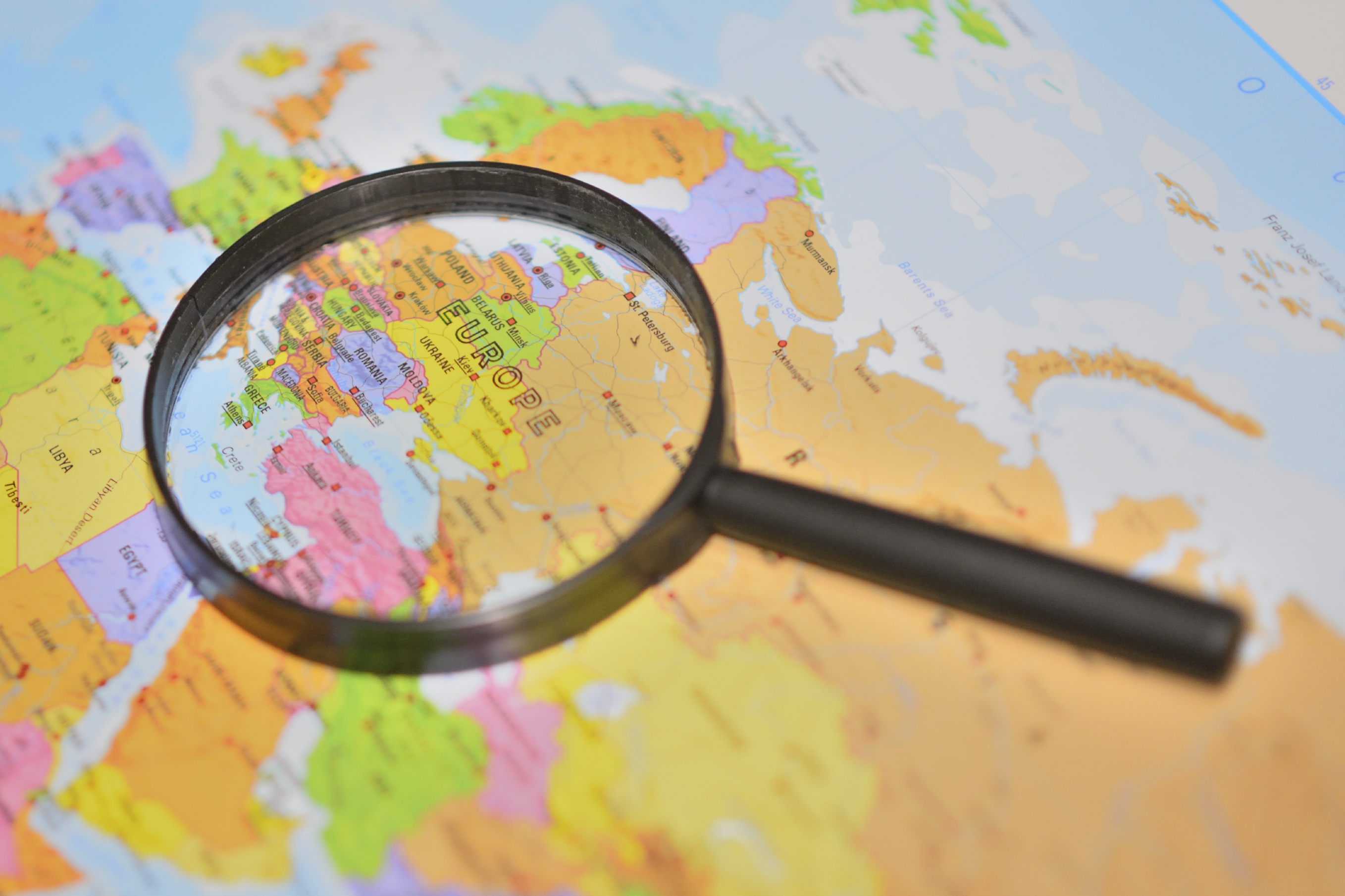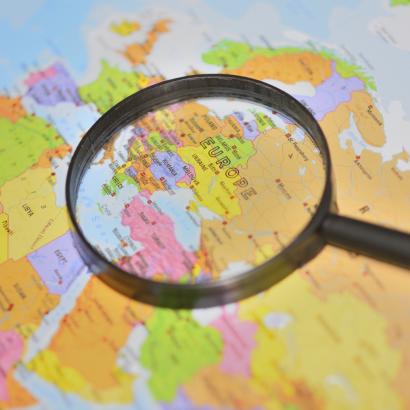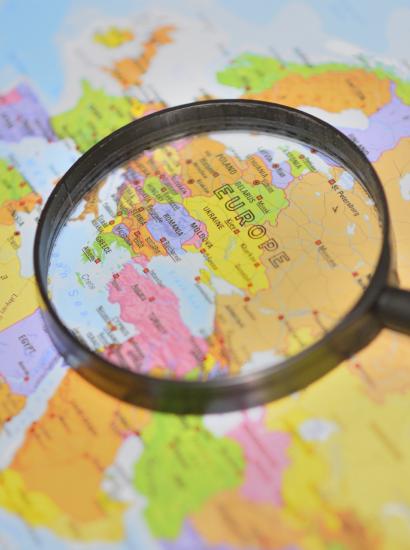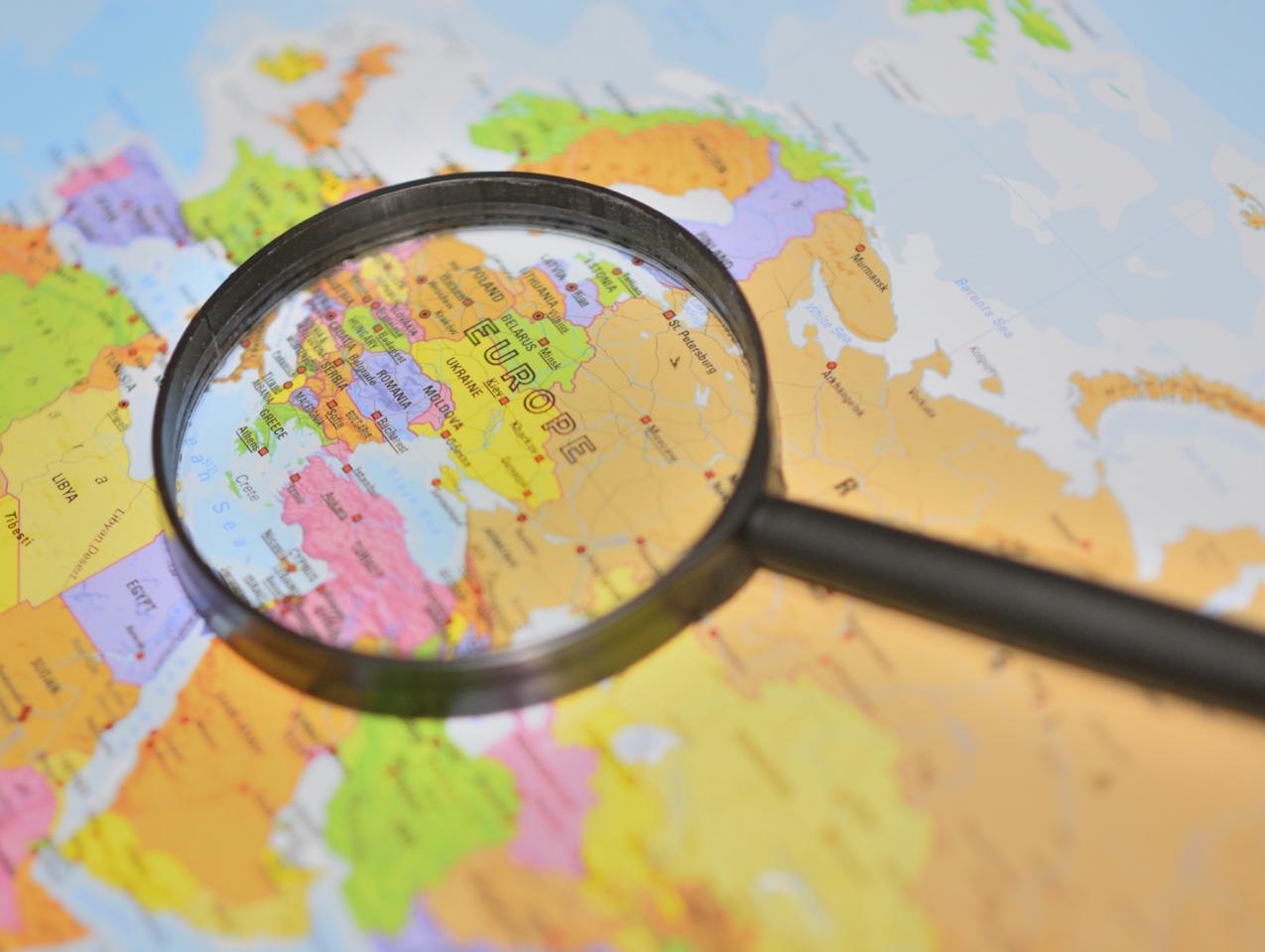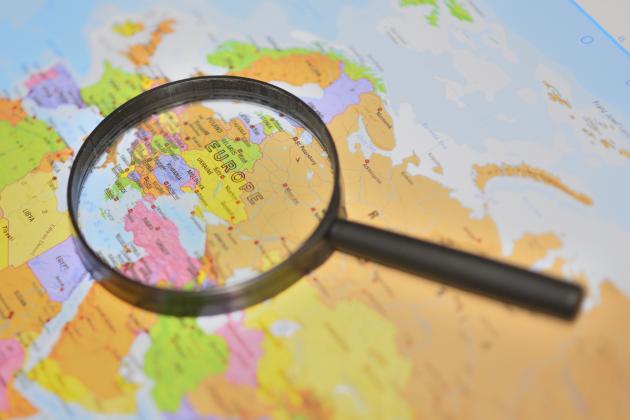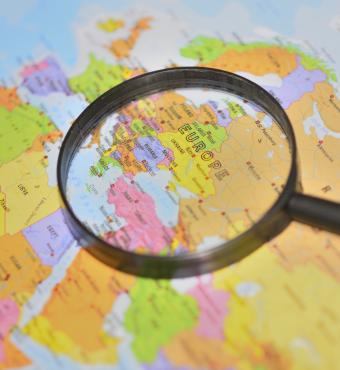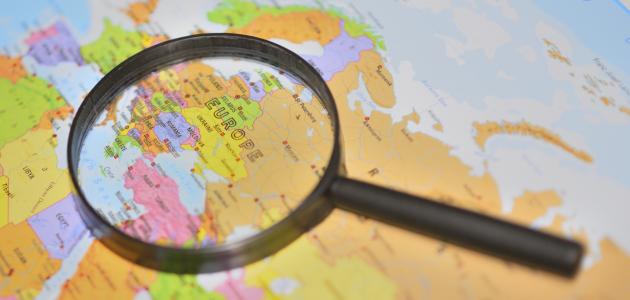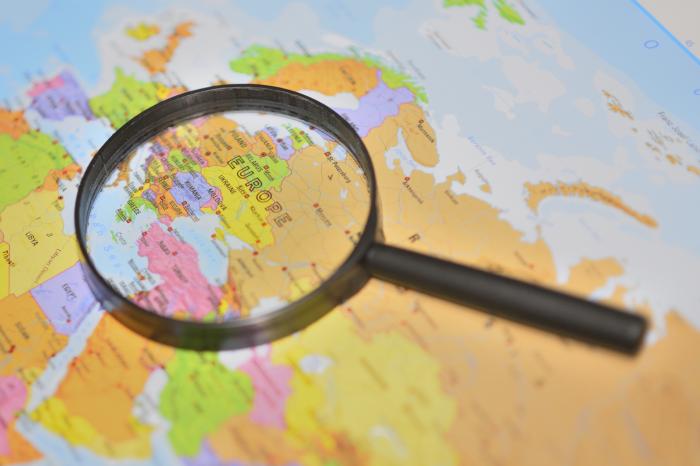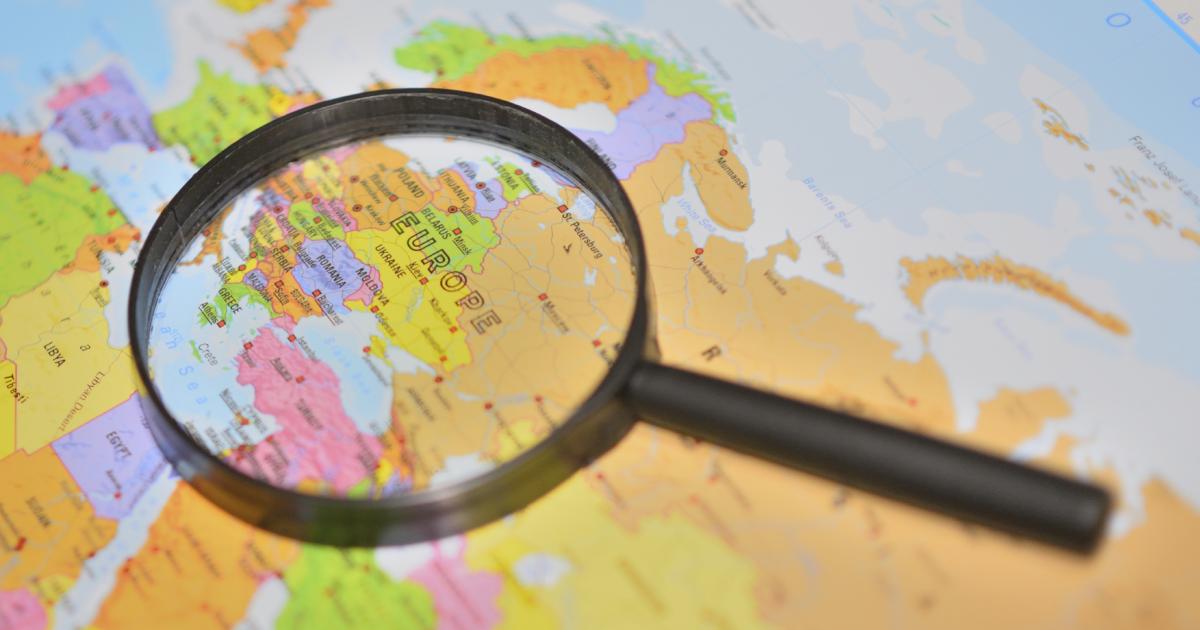- International Affairs
- US Foreign Policy
In September 2015, eminent Princeton historian Jan T. Gross penned an essay entitled “Eastern Europe’s Crisis of Shame.” He wrote, “As thousands of refugees pour into Europe to escape the horrors of war, with many dying along the way, a different sort of tragedy has played out in many of the European Union’s newest member states. The states known collectively as ‘Eastern Europe,’ including my native Poland, have revealed themselves to be intolerant, illiberal, xenophobic, and incapable of remembering the spirit of solidarity that carried them to freedom a quarter-century ago.”
It was in 1989 that Bulgarians, Czechs, Germans, Hungarians, Poles, Romanians, and Slovaks cast off Communist regimes through a series of (mostly) peaceful revolutions. At that point, a turn to liberal democracy seemed inevitable; now, it seems to be in full reverse. Governments throughout the region complain that political freedom has not lived up to its promise. A populist backlash against elites means that politicians win votes by painting former dissidents as traitors to “the nation.”
This recasting of the origins of political freedom has justified an anti-democratic turn. In the words of Hungarian Prime Minister Viktor Orbán, “Liberal democracy was not capable of openly declaring, or even obliging, governments with constitutional power to declare that they should serve national interests.” This is why Orbán is building an “illiberal state.” Liberty, he tells us, should not be “a central element of state organization.” To a student of 20th-century history, this seems a betrayal of decades’ worth of struggle against Communism.
In Poland, the future of liberal democracy is now bound up with fear: of Islam, and of Europe’s supranationalism. At a rally of young Polish neo-fascists, one hears the cry “down with diktats from Brussels,” then – “Once with a hammer, once with a sickle, right into the Islamist trash!” Both chants recycle old anti-Communist slogans: the first substitutes Brussels for Moscow, the second – Islamists for “Reds.” To an outsider, this pairing makes no sense; to that crowd, however, the EU and Islamism are symptoms of the same problem – the undermining of the sovereign nation.
This past year, terrorist attacks in Paris and Brussels have provoked outpourings of sympathy and solidarity from across post-Communist Europe. But global media soon folded the story of Europe’s response to terror into another narrative: of refugees reaching Europe in droves, from the Middle East, Central Asia, North Africa. Faced with the prospect of absorbing Muslim refugees, Eastern Europe has sent a different message: that the nations of Western Europe are partly to blame for the Islamist attacks that have befallen them.
To most Hungarians or Poles, this is not about the legacies of French or British overseas empire. It is not even really about Islam or Islamism. Instead, it is about the limits of the EU: its push for nations to pool their sovereignty, and its failure to substitute effective security guarantees in return. When Hungary erected a razor-wire fence along borders with Serbia and Croatia, the stated reason was national sovereignty. The question is, does sovereignty preclude solidarity?
In a January 2016 survey, over half of Poles opposed accepting migrants. But this is not simply nationalism in action. Eastern Europeans have widely taken exception to German chancellor Angela Merkel’s insistence that the migrant crisis is a test of “loyalty to those countries that protect our external borders.” (This is especially insulting in the case of Greece, which they see as having nearly bankrupted Europe.)
As it is, Poland’s initial commitment to welcome 7,000 migrants amounted to less than 10% of the number already taken in by Hungary. One could easily make the case, then, that Poles have no reason to complain. But this is as much a practical as a symbolic matter. The 11 refugee centers scattered across Poland already function near capacity. For over a decade, Poland has been the release valve for migrants out of regions where Russia has fomented violent conflict: Chechnya, Georgia, now Ukraine. In March 2016 alone, Poland’s Office for Foreigners received 815 applications for refugee status from the Russian Federation. How many from Syria? Two. The Polish infrastructure for dealing with migrants has long been concentrated elsewhere – on its eastern, post-Soviet borders. Does this mean that resources cannot be reallocated? Of course not. But this is where the specter of “diktats from Brussels” comes in.
In October 2015, a political party calling itself “Law and Justice” (PiS, Prawo i Sprawiedliwość) won a razor-thin majority in the Polish parliament. It has since begun to dismantle institutions of liberal democracy that its leader Jarosław Kaczyński considers beholden to the “winners” of 1989. Opponents contend that PiS has launched an attack on the rule of law itself – especially in its effort to eviscerate Poland’s Constitutional Tribunal. The government’s supporters, meanwhile, argue that PiS is correcting the injustices of a rigged political transition.
PiS has seized on Viktor Orbán’s ideal of illiberal democracy, arguing that individual rights should count for less in an era when the rights of the nation are threatened. The refugee crisis has helped to define the political vocabulary of Eastern European nationalism. Rather than victims of oppression, refugees have been presented as a menace. When PiS leader Jarosław Kaczyński warned in the fall against accepting Syrian migrants, his rationale was that they carry “all sorts of parasites and protozoa (…) long unseen in Europe.” After the attacks in Brussels, the Polish prime minister’s spokesman bluntly stated that the government would be turning away migrants because it “can’t allow for events in Western Europe to happen in Poland.”
PiS has vocal opponents, and a movement called the Committee for the Defense of Democracy has organized regular mass rallies in defense of the rule of law. But PiS’s politicians have undoubtedly struck a chord – like Orbán before them – by framing Islamism and the refugee crisis as symptomatic ills of the European project.
In global terms, the critique of European integration as value-blind materialism is nothing new. In his famous 1989 “End of History?” essay, Francis Fukuyama lamented the “flabby, prosperous, self-satisfied, inward-looking, weak-willed” political culture of Western Europe.
But in the hands of today’s Eastern European populists, impugning Western Europe has simply become good politics. For a quarter-century, one-time leaders of Poland’s Solidarity movement have gambled that the EU will guarantee liberal democracy in their region, securing the legacy of their fight against Communism. For them, the EU was the next best thing to Immanuel Kant’s vision of “perpetual peace,” the first step toward a global commons of free speech and pluralism.
Today, however, it is their nationalist, Euro-skeptical opponents who write the history, blaming the EU for Eastern Europe’s misfortunes. Their answer is to wall themselves off from the rest of Europe – in effect, reintroducing the proverbial divide between “old Europe” and “new Europe.” Given that European integration began as a project of free trade and free movement of peoples, this is a perverse turn. Poland has been welcoming migrants from the Russian Federation for over 20 years, yet Germany’s demand that Poland share in the EU refugee burden has fueled new extreme nationalism.
As the EU sinks deeper into the refugee crisis, it also fails to confront the rising tide of nationalism in Eastern Europe. So far, Islamism remains a largely hypothetical problem for Eastern Europe. In Hungary and Poland, in fact, one hears talk increasingly reminiscent of inter-war Germany, about the decadence of Western European democracy, or the hygiene and backwardness of migrant populations. When EU leaders like Merkel talk about quotas or fines for Eastern European member states, they only make matters worse. The only hope in the face of extreme nationalism and Islamism alike is a serious reckoning with the stakes of liberal democracy and national sovereignty in Europe. The United States must play a role here, too.
In the 1980s, Poland’s gift to the world was the word “solidarity,” which embodied a basic, shared human impulse toward freedom in the face of autocracy. As things stand now in Eastern Europe, this word risks becoming an irrelevance, if not a cruel joke.







